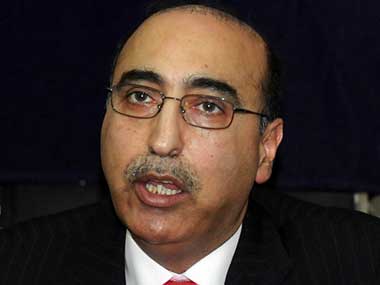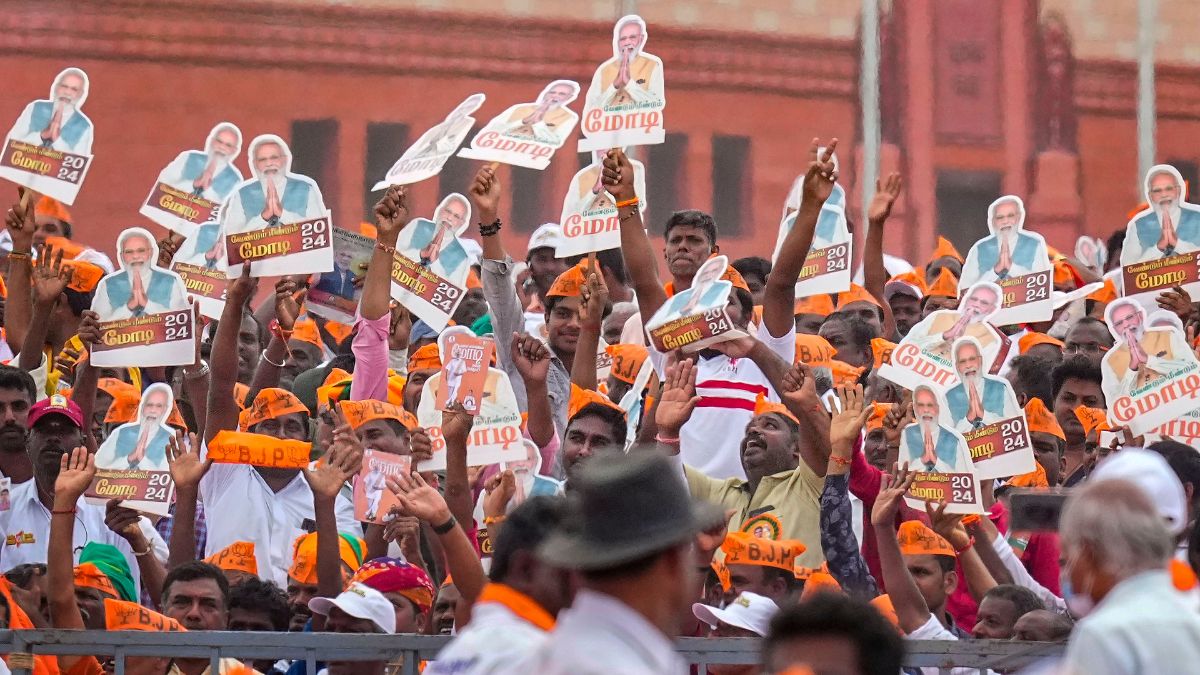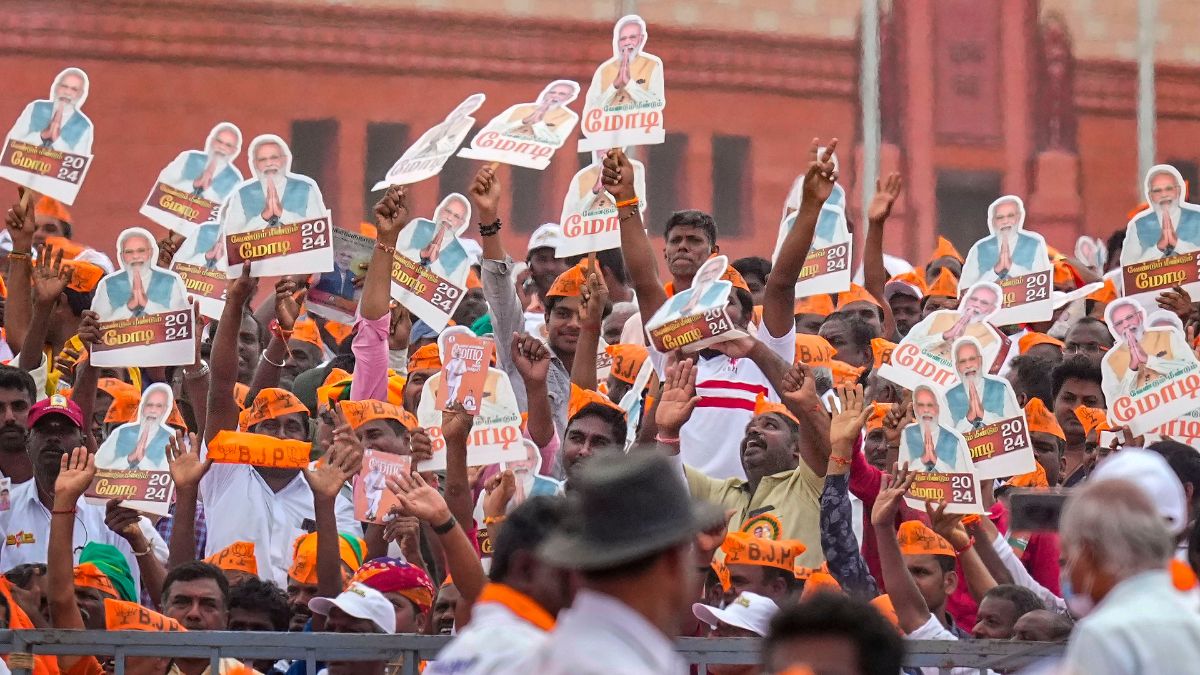New Delhi: Pakistan on Tuesday said that it is not embarrassed by the International Court of Justice (ICJ) ruling on Kulbhushan Jadhav, the Indian national who was sentenced to death by a Pakistani military court on alleged espionage charges, and that consular access will be provided to him on the basis of merit.
“What did India get from ICJ? Final ruling is still expected… we are not embarrassed from the ICJ ruling… Pakistan is on solid ground,” Pakistan High Commissioner to India Abdul Basit said in an interview to CNN News 18 TV channel.
Claiming that Jadhav has “not been discriminated against”, he said consular access is decided “on merit” basis, according to a press release issued by the channel.
“There is no ruling by the ICJ on consular access… let’s see how things unfold.”
Jadhav was allegedly arrested from Pakistan’s restive Balochistan province on 3 March, 2016. Pakistan claimed that the former Indian Navy officer confessed in a video that he was involved in spying and terror activities in Balochistan, a charge rejected by India. He was convicted in April by a Pakistani military court and sentenced to death.
India has maintained that Jadhav was abducted from Iran, where he was pursuing his business, and passed off as a spy.
Earlier this month, India moved the ICJ at The Hague, which then stayed the execution pending a final decision by the court.
The high commissioner also denied the beheading of two Indian soldiers by the Pakistan Army on the Line of Control (LoC).
“Our army never gets involved in beheading. Ours is a professional army,” he said.
The bodies of the Army’s Naib Subedar Paramjeet Singh and the BSF’s Head Constable Prem Sagar were found mutilated on the LoC on 1 May.
Asked if the Pakistan army would at least conduct a probe in the beheading case, Basit said: “When nothing has happened, what do we need to probe?”
He also tried to internationalise the Kashmir issue saying if it could not be settled bilaterally, “why not try the United Nations?”
On India’s allegations that the Pakistan Army was running a campaign to radicalise youths in Kashmir, he said: “Kashmiri youths are wedded to a cause, I do not know what to say to your question.”
Calling for a comprehensive dialogue between the two countries, he said that terrorism was an issue with which Pakistan has strong concerns.
“Pakistan is not shying away from discussions… Kashmir is the root cause of all our problems,” he said, adding that the Kashmir issue could only be resolved through the Shimla Agreement and talks were important.
Basit, who is nearing the end of his tenure in New Delhi, said it was for the two democratically elected leaders of India and Pakistan to decide when to hold a meeting and take the dialogue forward.
“Nawaz Sharif is elected Prime Minister of Pakistan and he is in the driving seat. Some reflection from Indian side is required what kind of relationship it wants,” he stated.
On the question of whether India and Pakistan should play during the Champions Trophy cricket tournament, he said: “There has never been a dearth of interest on our part. We always wanted such bilateral activities… We want to address all the issues and we want to engage with India without any precondition.”
When asked about the trial in Pakistan of Hafiz Saeed, the mastermind behind the November 2008 terror attacks in Mumbai that claimed 166 lives, he said that trials took “several years”.
“In this case, the trial has moved forward. We want Indian cooperation to move forward… we have put Hafiz Saeed under house arrest. It is in our own interest.”
However, Basit admitted that Saeed “has not been accused in Mumbai attacks”.
The high commissioner also denied the Indian Army attack on its territory in Naushera sector and said he had not received any such report from the Pakistani side.
“This is nothing to brag about. It reinforces Pakistan’s contention that we need to resolve the issue peacefully,” he said.
Earlier on Tuesday, the Indian Army said it damaged several Pakistani military posts with heavy artillery firing in a “very recent” punitive assault along the LoC in Jammu and Kashmir as part of its pre-emptive and proactive strategy to curb cross-border militant incursions.
The army also released an undated video that showed some military posts in a forested area being bombed with heavy artillery fire, and smoke and flames billowing after the explosions.


)




)
)
)
)
)
)
)
)